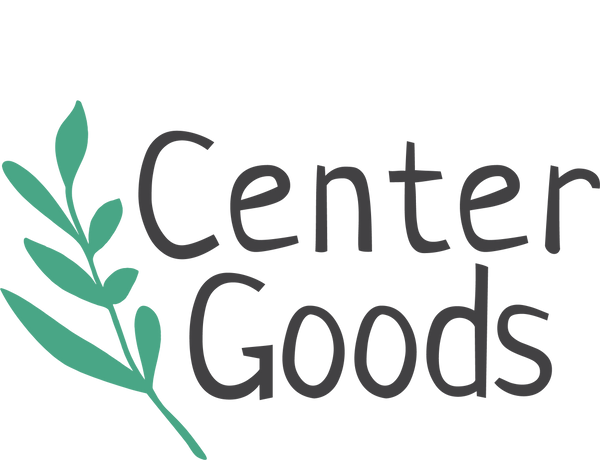United States
Laundry Powder Refill - Meliora
Laundry Powder Refill - Meliora
Couldn't load pickup availability
Let us help you easily refill your container with more laundry powder, creating a very low-waste and plastic-free refill loop!
This paper bag (made in the USA) comes with 35 oz of your favorite Meliora laundry powder - choose Unscented, Lavender or Lemon - so you can refill your Meliora cardboard container, or any other container you have.
Remove and recycle the tin tie, then compost the bag for a nearly zero-waste refill! Economical, eco-friendly, and easy. We love Meliora laundry powder!
35 oz paper bag of laundry powder only; Scoop Not Included.
--
One of the easiest ways to reduce your household plastic waste is to switch to powdered laundry soap - No more plastic jugs!
Recent EPA data says that approximately 14.5 million tons of plastic containers were generated in a year, and only 13.6% of those were recycled. It's estimated that 1 billion laundry jugs are discarded a year!!
Switch to powder and lighten your environmental impact - save plastic, save water, save money.
And, when you switch to environmentally friendly products you keep harsh and toxic chemicals away from you and your family, as well as the planet.
Plastic-Free, Chlorine-Free, Dye-Free, Preservative-Free, Palm-Oil Free, Cruelty-Free! And all scents are from certified organic essential oils, not synthetic fragrances. And it's septic safe!
Use half to 1 scoop per load - and just add the powdered soap to the drum with the clothes, not the soap dispenser, even in an HE front loading machine. I've been using powdered soap this way for a long time, don't worry it works!
Meliora is a great company: Committed to transparency, a Certified B Corp, a 1% For the Planet and Women's Voices for the Earth member, and each item is vegan, cruelty-free, and carries the MADE SAFE and Leaping Bunny seal.
Full Ingredient List [UNSCENTED]: Sodium Bicarbonate, Sodium Carbonate, Vegetable Soap [Sodium Cocoate, Glycerin, Organic Cocos Nucifera (Coconut) Oil, Water]
Full Ingredient List [LAVENDER]: Sodium Bicarbonate, Sodium Carbonate, Vegetable Soap [Sodium Cocoate, Glycerin, Organic Cocos Nucifera (Coconut) Oil, Water], Organic Lavandula Hybrida Grosso (Lavender) Oil
Full Ingredient List [LEMON]: Sodium Bicarbonate, Sodium Carbonate, Vegetable Soap [Sodium Cocoate, Glycerin, Organic Cocos Nucifera (Coconut) Oil, Water], Organic Citrus Medica Limonum (Lemon) Peel Oil
Want more information on the ingredients? Read on!
- Sodium Bicarbonate: Also known as baking soda, sodium bicarbonate is an odor neutralizer.
- Sodium Carbonate: Also known as washing soda or soda ash, sodium carbonate is a pH adjuster. It raises the pH of the washing water, which results in more effective cleaning. For this reason it's often referred to as a laundry 'booster'.
- Vegetable Soap:
- Sodium Cocoate: This is the chemical name of saponified (that is, 'made into soap') coconut oil. It's the chemical that grabs onto both dirt and water to do the cleaning.
- Glycerin: This substance is chemically a type of alcohol and is naturally created when the oil is converted into soap. Glycerin is known for skin-softening abilities and is an effective solvent, meaning it can dissolve substances such as stains and dirts.
- Organic Cocos Nucifera (Coconut) Oil: There is a small amount of coconut oil left in the soap after conversion to sodium cocoate. This is because we use sodium hydroxide, or lye, in the conversion process and leaving excess oil ensures there is no remaining lye in the finished product. Some soapmakers refer to this as 'superfatting' and more oil remaining results in a softer, more moisturizing soap. Our coconut soap has only a small amount of excess oil, so it is not the luxurious body type and more of a 'get the job done' soap.
- Water: Water is used in the soapmaking process as a substance that dissolves lye and then is a medium so the lye can reach all of the oil to react. After being useful in this process, the water is allowed to evaporate from the soap over a period of several weeks, and the resulting dried soap has very little water. There is only about 5% water remaining in the finished soap, thus making it more shelf stable than a liquid soap that would require a preservative due to the high (about 60%) water.
Share


